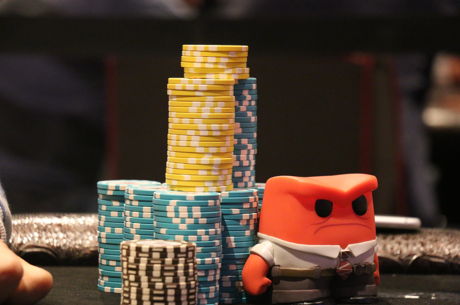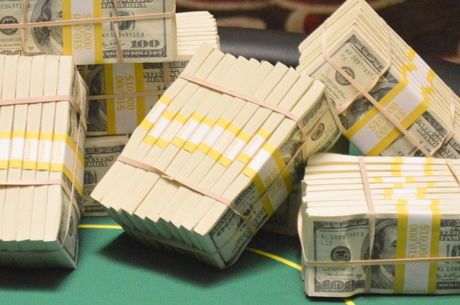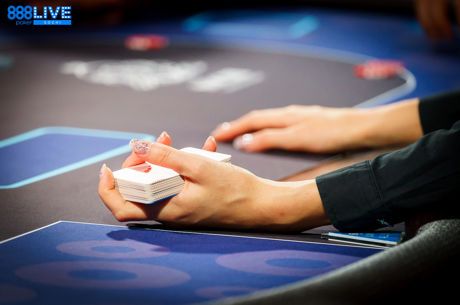Strategy Vault: Jon “PearlJammer” Turner on Dealing with an Overcard to Your Pocket Pair

Digging deep into the PokerNews strategy archives can unearth some buried treasure for seekers of strategy gems. In this edition of the Strategy Vault, we look back at a strategy discussion shared with us by Jon “PearlJammer” Turner, the longtime poker pro and co-author of the Winning Poker Tournaments One Hand at a Time series.
Here is a common situation we find in no-limit hold’em cash games.
In a $5/$10 no-limit cash game, the player in the hijack seat made it $30, a standard three-times-the-blind raise. I have pocket sevens in the small blind and I just call, which is the standard thing to do here and is certainly correct since we were 100 big blinds deep. Three-betting is an option, but we are going to look at the standard play here, which is calling.
The flop is Qx5x2x rainbow and there is one overcard to my sevens, which is something that is usually going to happen with a middle pocket pair. I checked to the preflop raiser, which is the normal play to make here no matter what our hand strength is. I expected to see a continuation bet, which is just what happened — he bet $40. So he bet about half the pot, which is pretty standard.
Now, facing this bet is where the real decision comes in.
First off, am I going to continue with this hand? When facing just one late-position raiser and there is only one overcard, you should continue almost all the time. The only time I would actually fold is when I know that this player is extremely tight and will check behind all the time if he doesn’t make top pair.
How to proceed on later streets depends mostly on the reads of our opponent. If you have history with your opponent, that will come into play — that is, whether you have given up a lot of hands to him, shown down a lot of top-pair hands after calling him down on the flop, or whether he has been bluffing the turn a lot. Any time you have developed some history with an opponent, you need to be really thinking about that and how that will affect your decisions on later streets in a hand like this.
A lot of players are going to slow down with anything worse than a queen after you call them on the flop. In fact, even with something like Qx10x or so, or a weak queen, they are going to slow down. They are going to play more pot control and they are going to assume we have something like top pair.
Now I’m not saying that we should turn our hand into a bluff and bet on a later street here. In fact, on a board like this, it probably wouldn’t be a good idea.
However, we need to be aware that just because the opponent checked behind on the turn doesn’t mean we have the best hand, and just because they bet on the turn, doesn’t mean that we have the worst hand. This is just a spot where we really need to take into account your read on your opponent in previous hands with him.
Want to stay atop all the latest in the poker world? If so, make sure to get PokerNews updates on your social media outlets. on Twitter and find us on both and !









